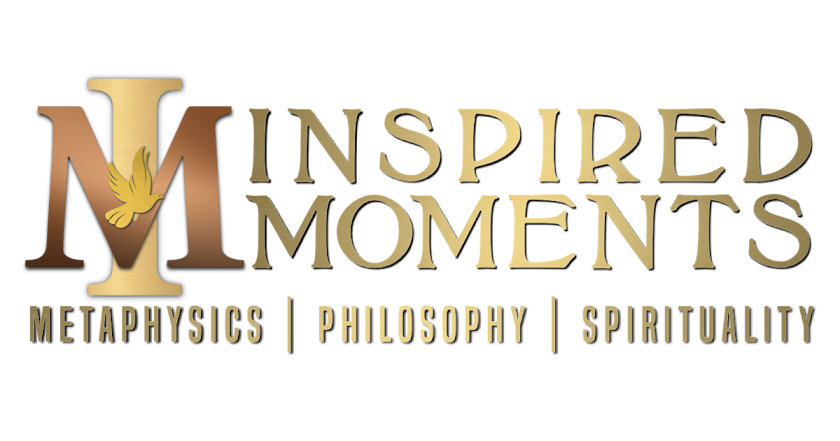Unconscious or Subconscious?
It is difficult to find two people who agree on “proper” definitions for these two similar words. The term “unconscious” or “unconscious mind” is most closely associated with Sigmund Freud and psychoanalysis, but the general notion predates Freud by hundreds, if not thousands of years.
For Freud, however, the idea of memories, feelings, and other mental content outside "conscious awareness" took on a new, practical significance. It was a key element of the theory he was developing to explain the causes of mental disorders and how to treat them. Put in the simplest terms, Freud theorized that hidden mental contents were making people “ill.” As he understood it, these mental contents had been “repressed” and made unconscious. It was a broad and powerful idea.
As for the term “subconscious,” Freud used it interchangeably with “unconscious” at the outset. The words are similarly close but not identical in German. But he eventually stuck with the latter term to avoid confusion. He couldn’t have predicted that the confusion would still exist after more than 100 years of discussion.
As a general rule, then, in most of the professional literature where mental functioning is concerned (including not just psychoanalysis, but also psychiatry, psychology, and neuroscience, among others), writers—like Freud—tend to use the word “unconscious” rather than “subconscious.” Although the word “subconscious” continues to appear in the lay literature, it is rarely defined carefully, and may or may not be synonymous with “unconscious.”
In professional writing, the meaning of “unconscious” varies somewhat depending on context. Generations of psychoanalysts have debated the function of an unconscious, or how and why certain mental contents get repressed. The way that an analyst understands the unconscious often is instrumental for how he or she tries to fulfill one of the central aims of the “talking cure,” which is to help a patient achieve relief by making the unconscious ... become conscious.
Some neuroscientists find the concept of an unconscious to be a problem, because the terminology implies that the unconscious is a place, a true anatomical location, as it were, in the brain. Freud, as a neurologist, did think in terms of neurobiology. But he didn’t have twenty-first century tools to help him analyze the structure, function and complex interactions among nerve cells, neural circuits, or brain regions.
Today, most psychoanalysts and psychodynamically-oriented therapists do not think of the unconscious as a neuroanatomical structure. Rather, they use the term as shorthand to refer to a complex, but familiar, psychological phenomenon. That is, a good deal and perhaps most of mental life happens without our knowing much about it. It's juts there. Neuroscientists are clued into these processes too. So they appreciate that any understanding of the neurobiology of mental life must go beyond conscious thoughts and feelings ... the ever expanding world of consciousness ... mentalism. The ALL is MIND.
These mental processes are so interesting to us, perhaps, because we know that much is at stake. So much that moves us happens outside our awareness and outside our control - we believe (and maybe it’s true) that greater awareness will lead to greater self-control or greater well-being. And maybe that’s why, when the French novelist Marcel Proust wrote about a character biting a cookie and being flooded with memories, we too are moved. It is a reminder that there is so much to know that we don’t know, and it seems like such a lucky accident when we discover what was hiding within us all the time.
All of life is experienced within. I am in your head, you're in my head, the entire universe is in our head. This is where all of our sensory perceptions are translated, catalogued, and defined. In reality, there is no physical world of matter. Only mind. And we spend our entire lives in the darkness of our skull.
Just a thought ...
~Justin Taylor, ORDM., OCP., DM.
